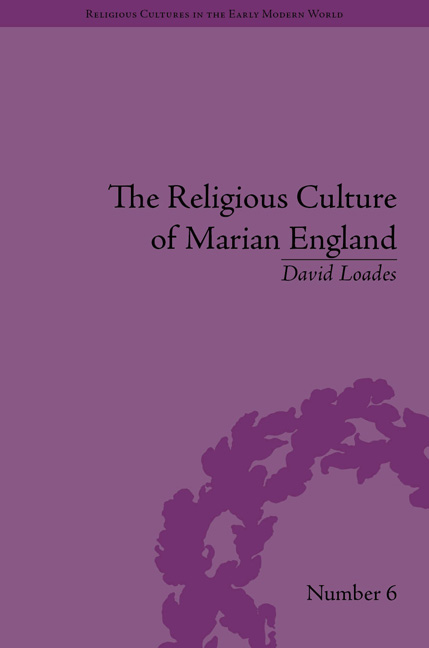Book contents
7 - The Face of Persecution
Summary
Persecution is a victim's word. None of the magistrates, parochial officials and good citizens who were described as ‘persecutors’ in the marginalia of Foxe's great work would have acknowledged such a description of themselves. They were just doing a job in the service of the Church and of the Queen, although some of them were not above enjoying themselves in the process. ‘Mr Justice Nine Holes’ who was later accused of having drilled holes in the sanctuary screen in order to observe those who slept during the sermon, or failed to adore the host at mass, admitted the fact but denied the motivation. He had been concerned, he claimed ‘to spy on pretty wenches’. He could equally have pleaded the specific instructions which the council issued from time to time, to commit to ward all seditious persons who absented themselves from divine service. How was he supposed to know who was there, without his peep-holes? Such instructions were sent to the justices of the peace of Norfolk in May 1554, and similar letters went to other counties. In a sense the persecution was very ‘top-down’, driven first by Gardiner and the Queen and latterly by Reginald Pole. It could hardly have been anything else, given the role of the courts, and ultimately of the Crown, in imposing penalties. Nevertheless there was also a sense in which it was community action; neighbour denounced neighbour, and even families reported their delinquent members to the authorities. Behind each story there was no doubt a different set of circumstances, and Foxe, upon whom we are reliant for most of this kind of information, often did not understand these himself.
Most of the early victims were clergy, and the nature of their beliefs was in the public domain. They were normally arrested for marriage, for preaching false doctrine or otherwise trying to discharge their usual functions. The story of Rowland Taylor, although not typical, may be taken as representative.
- Type
- Chapter
- Information
- The Religious Culture of Marian England , pp. 113 - 128Publisher: Pickering & ChattoFirst published in: 2014



